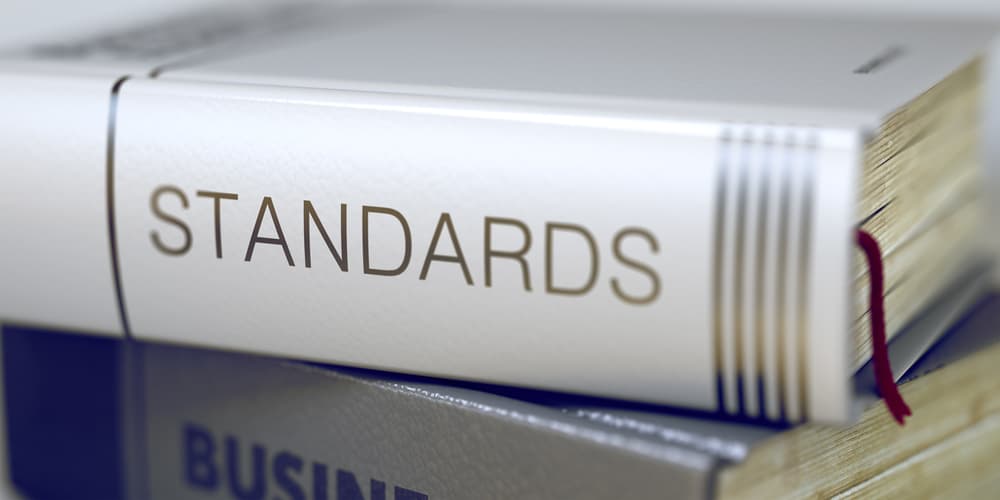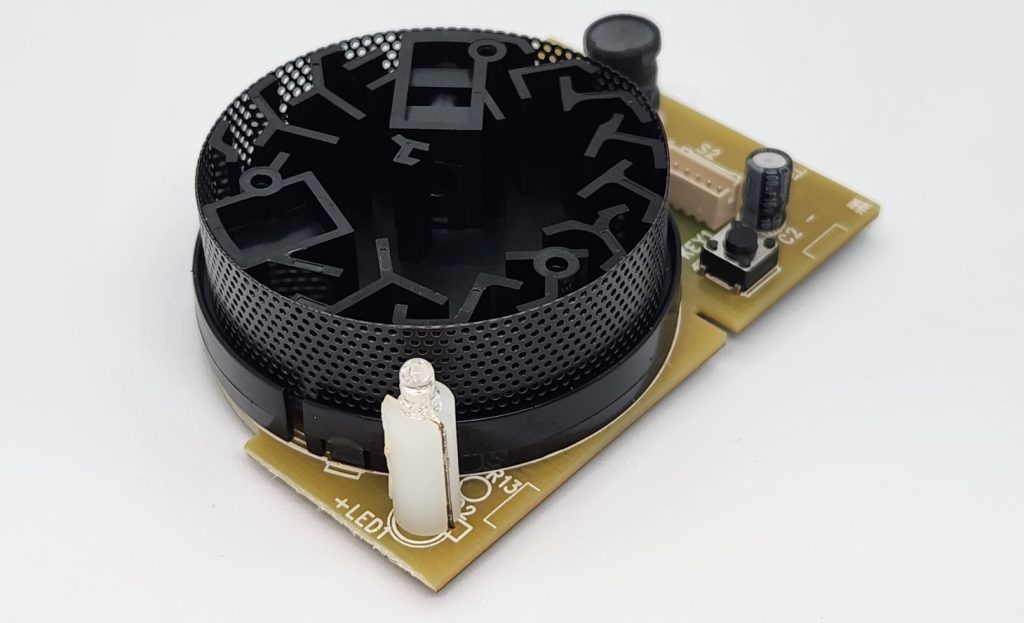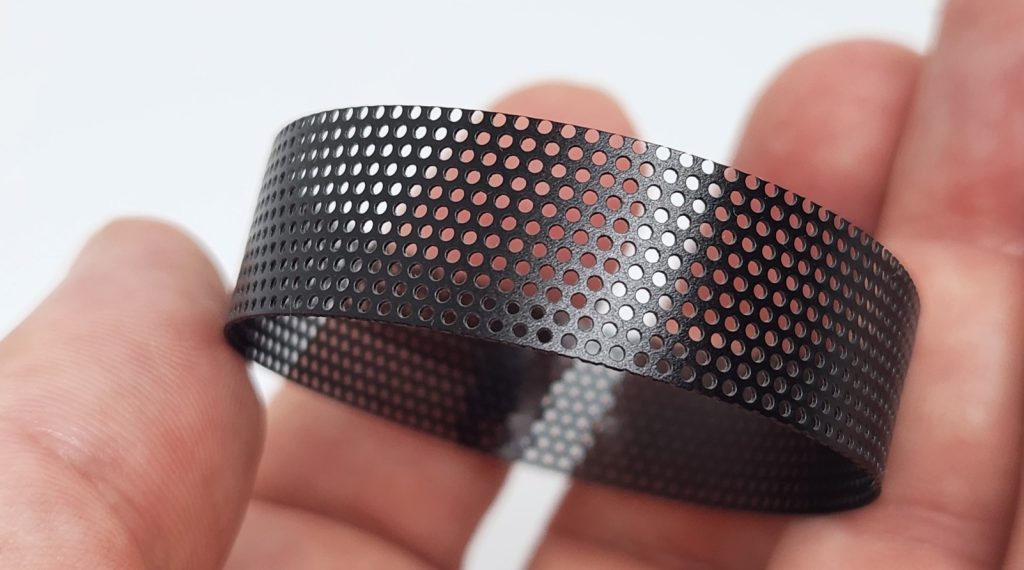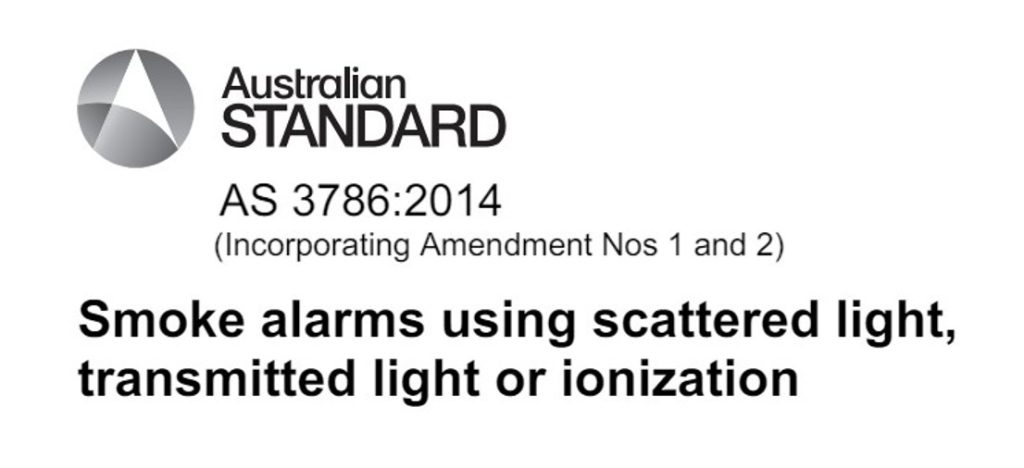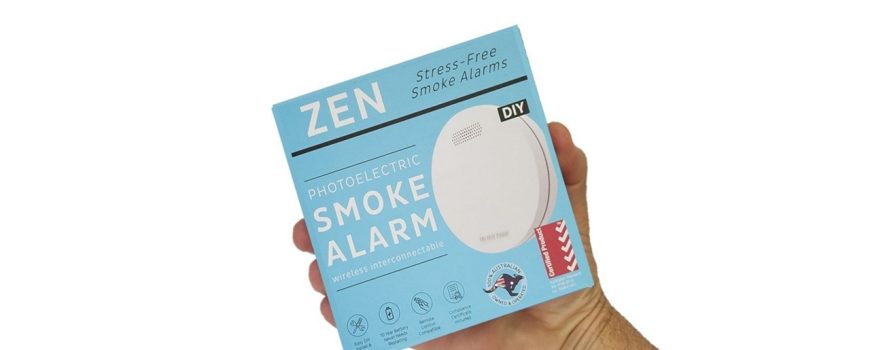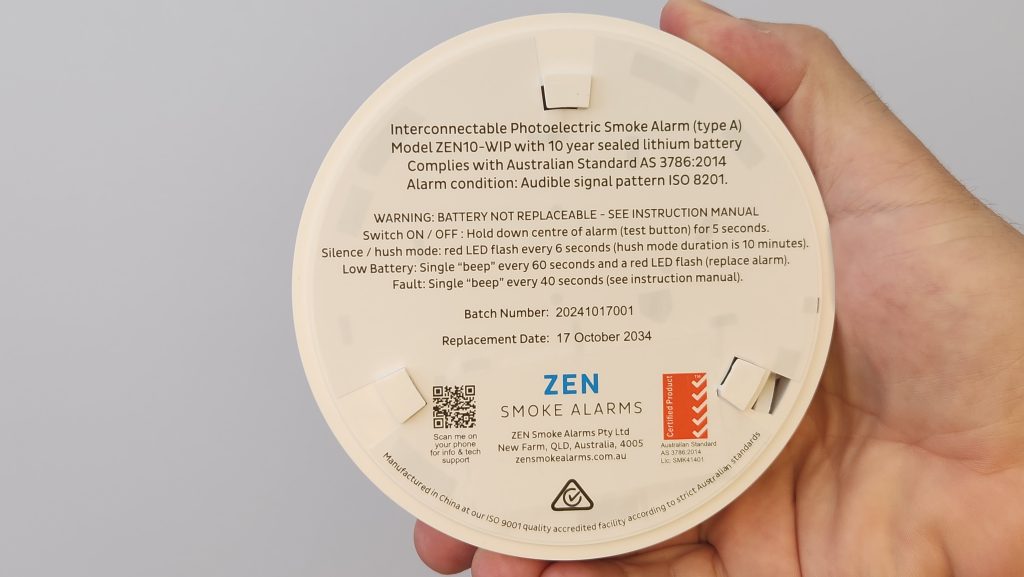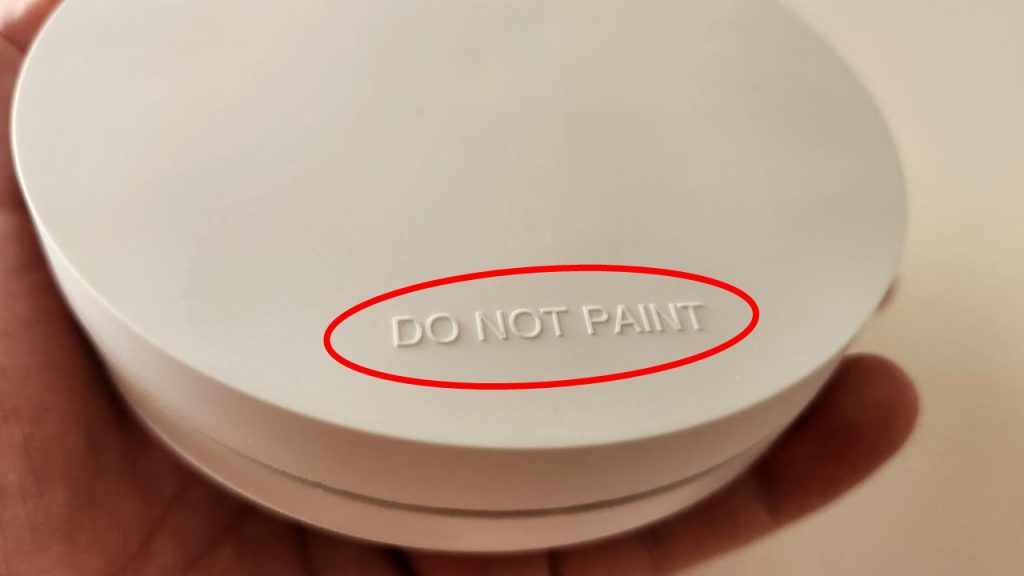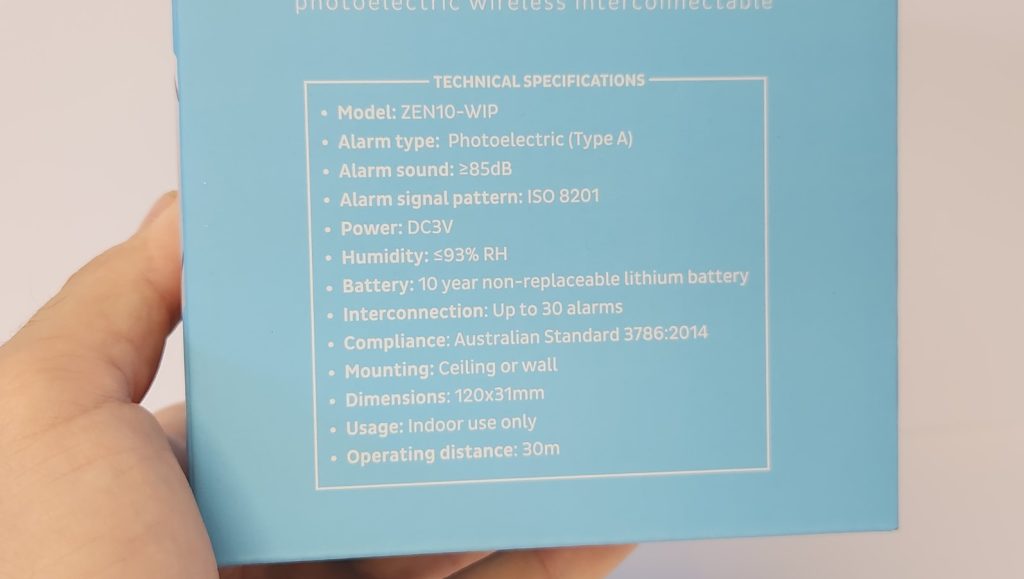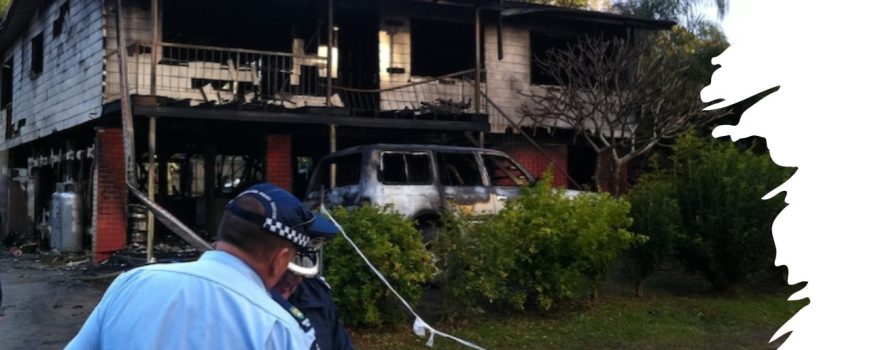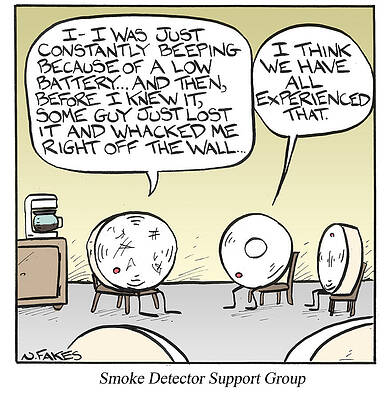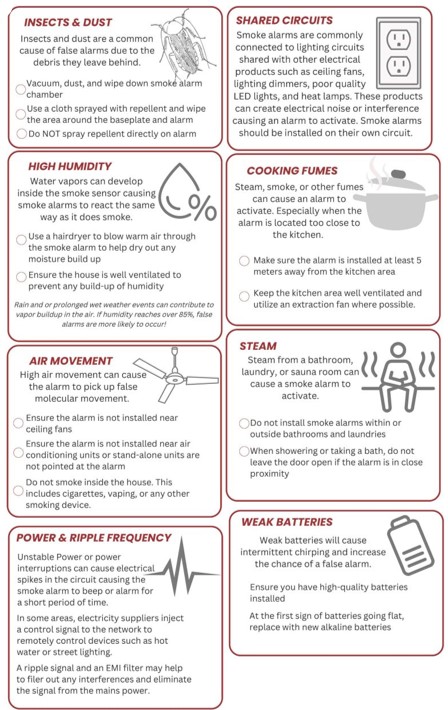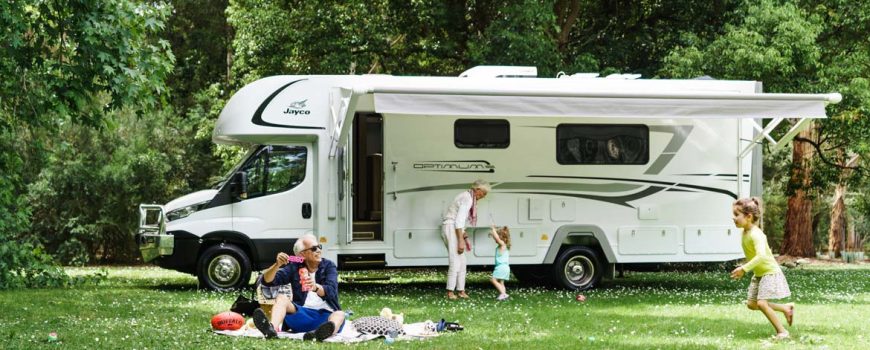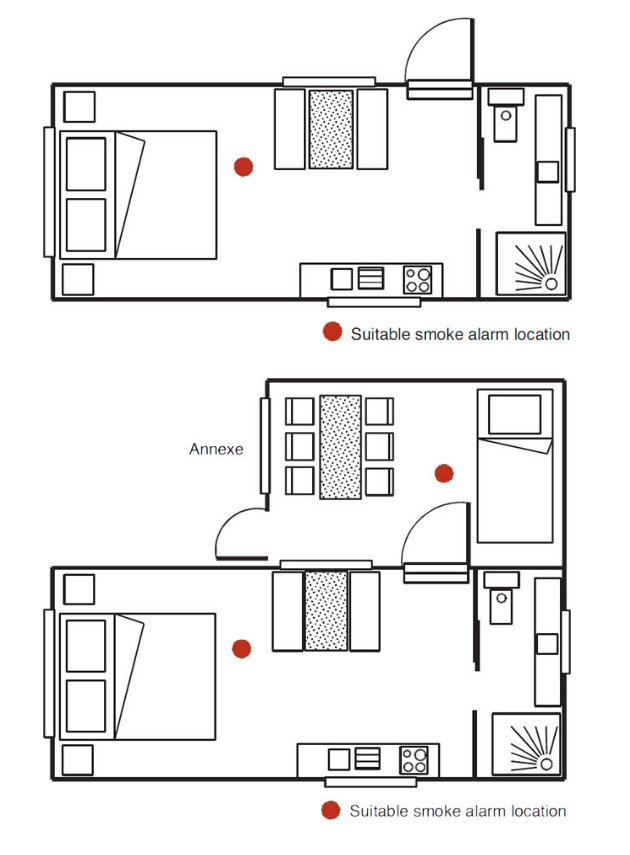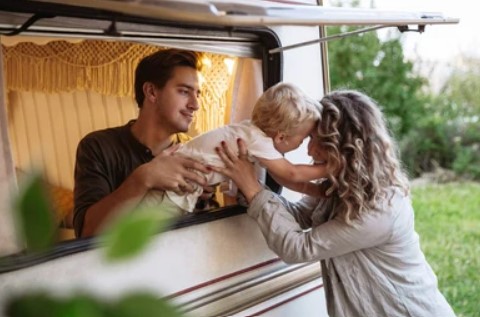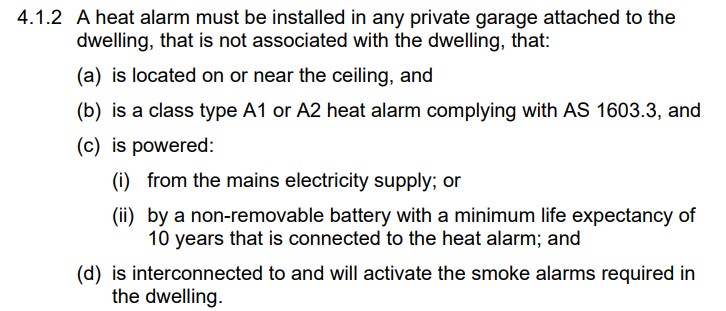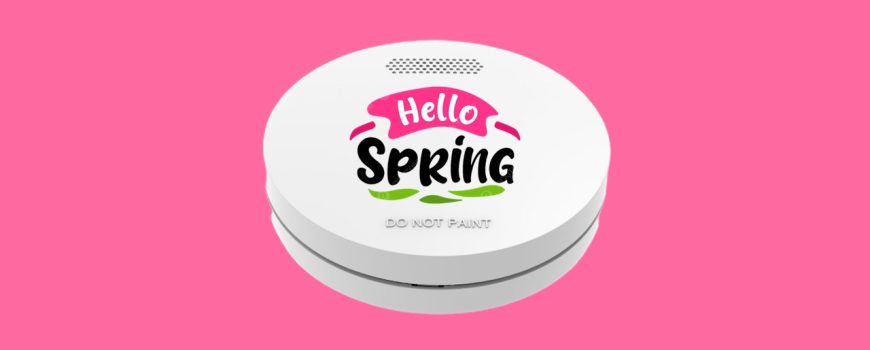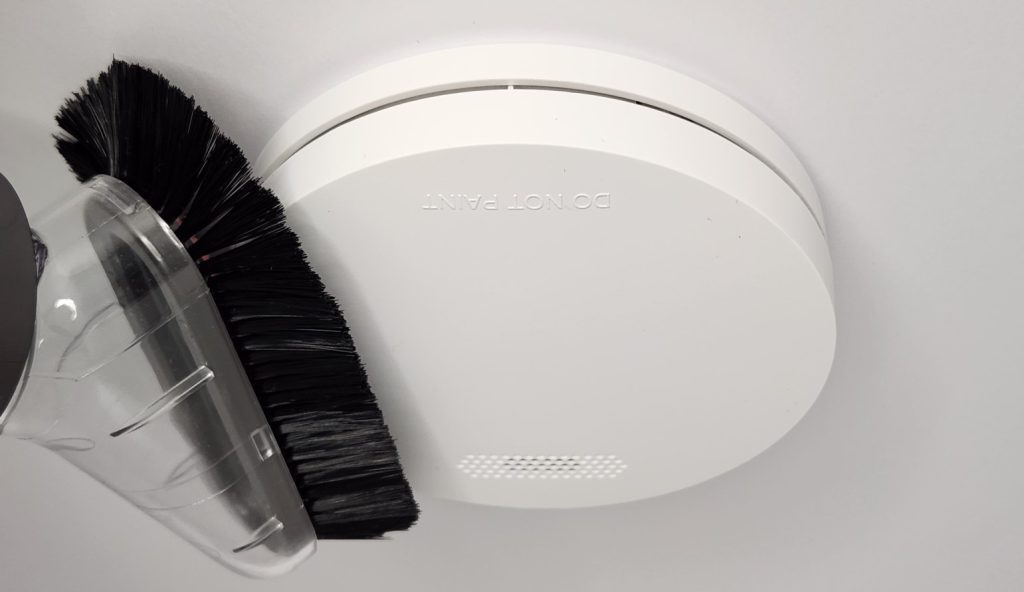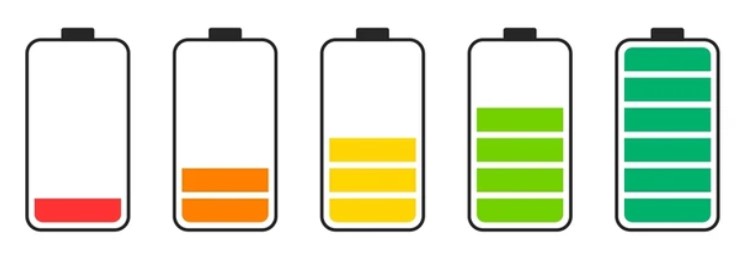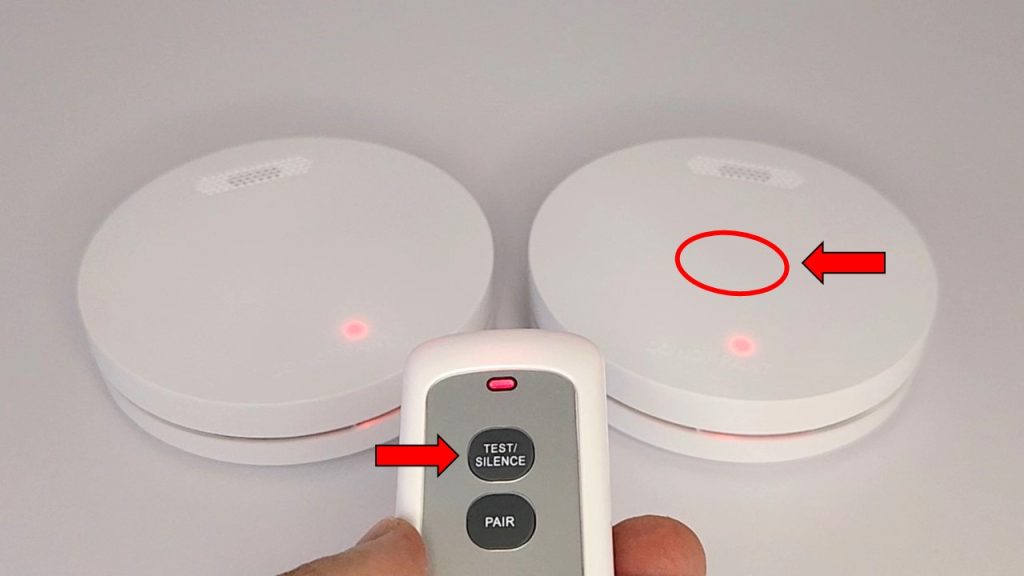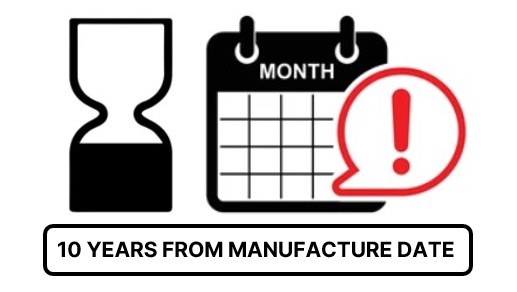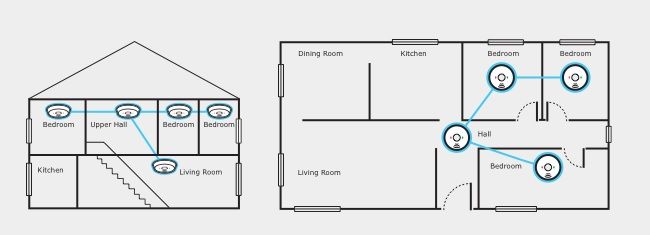Photoelectric Smoke Detector Laws In Tasmania
Tasmania’s smoke detector laws are designed to keep homes and families safe by ensuring that every residence has properly installed and maintained smoke alarms. Whether you’re a homeowner, landlord, or tenant, knowing your legal responsibilities can help prevent devastating house fires and costly fines. From the type of alarms required to specific installation rules, Tasmania has strict regulations that must be followed. In this guide, we’ll break down everything you need to know about Tasmanian smoke detector laws, including requirements for new and existing homes, rental properties, and the latest safety standards. Fire safety starts with the right alarms—let’s make sure you’re covered!
In Tasmania, all homes must be fitted with a working photoelectric smoke detector on every level to ensure maximum fire safety. Smoke detectors must be compliant with Australian Standard 3786:2014, guaranteeing reliability and effectiveness. These alarms must be installed in every corridor or hallway associated with a bedroom, or if no corridor or hallway exists, in an area between the bedrooms and the remainder of the building. This placement is key for early fire detection and is a requirement of the National Construction Code of Australia. Ensuring your smoke detectors meet these standards can help protect lives and property in the event of a fire.
Smoke Alarms In Properties Built After 1 August 1997
Homes built or substantially renovated after the 1st of August 1997 require 240V hardwired smoke alarms, and there must be at least one smoke detector on each level.
Smoke Alarms In Properties Built After 1 May 2014
All properties built or substantially renovated after the 1st of May 2014 must have 240V hardwired interconnected smoke detector, so that when one activates, they all activate.
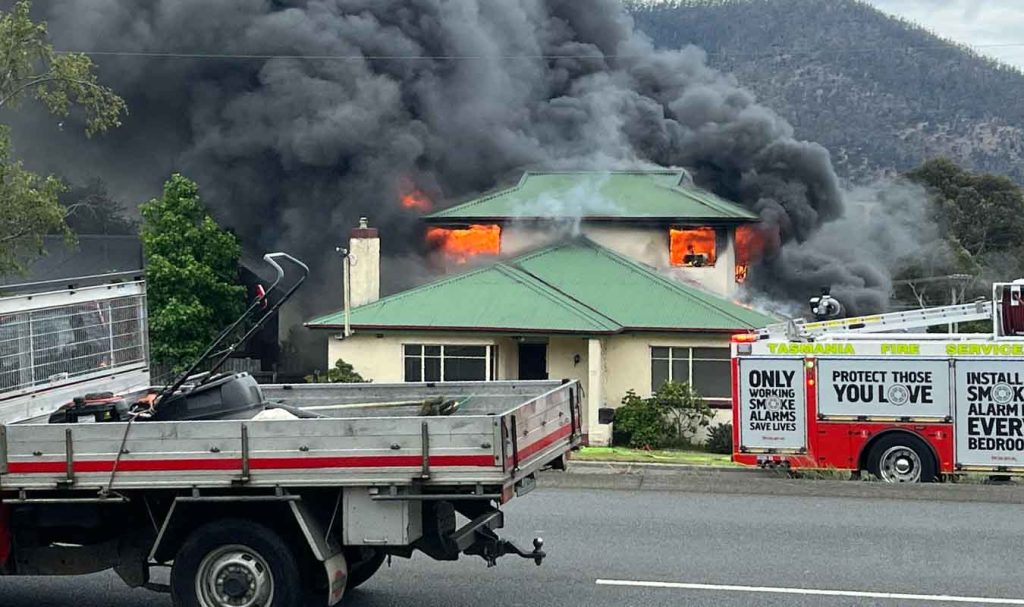
House fire in the northern Hobart suburb of Goodwood, Tasmania
Photoelectric Smoke Detector Locations
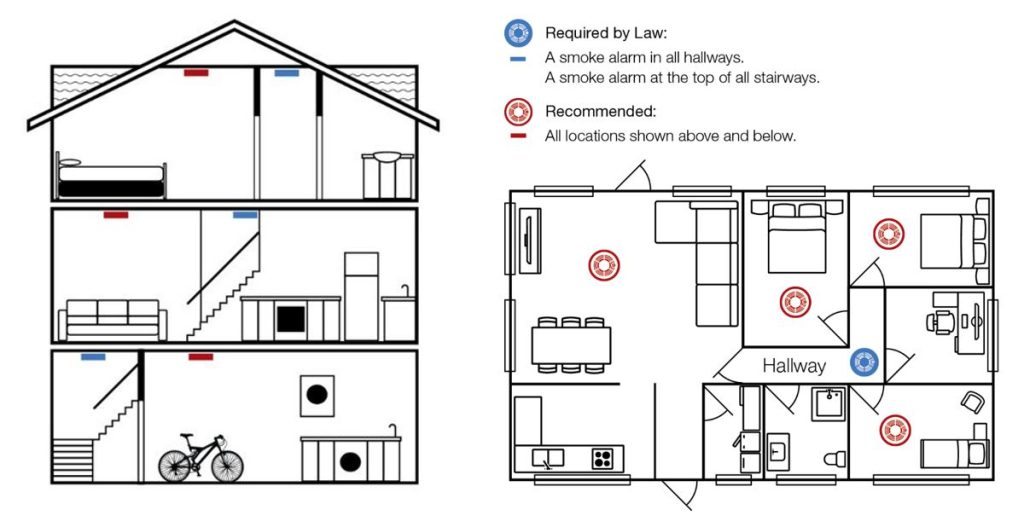
Image courtesy of the Tasmania Fire Service

Residential Tenancy (Smoke Alarms) Regulations 2022
Smoke Alarm Duties For Tasmanian Landlords (Rental Providers):
- Ensure smoke alarms comply with Australian Standard 3786:2014.
- Installed as per manufacture instructions and in accordance with recommended installed locations outlined in the National Construction Code (NCC).
- The smoke alarms a regularly maintained, cleaned, tested and operational.
- Replace the smoke alarm every 10 years from manufacture date.
- Replace any smoke alarm as soon as possible after being made aware it is defective.
Smoke Alarm Duties For Tasmanian Tenants (Renters):
- Ensure the smoke alarms are tested every at least every 6 months.
- The smoke detector is clean and free from dust.
- Inform the landlord / property manager as soon as they become aware that a smoke alarm is defective.
- Not remove or tamper with a smoke alarm.
Staying compliant with Tasmania’s smoke detector laws isn’t just about avoiding fines—it’s about protecting your home and loved ones from fire hazards. Whether you’re a homeowner, landlord, or tenant, understanding your responsibilities ensures that your smoke alarms are properly installed, maintained, and ready to act in an emergency. Photoelectric, interconnected alarms save lives by providing early warning and giving occupants precious seconds to escape. If you need reliable, Australian Standard 3786:2014-compliant smoke alarms, ZEN Smoke Alarms has you covered. Stay safe, stay compliant, and make fire safety a priority in your home. Because when it comes to saving lives, every second counts!

A direct link to the Tasmanian government website is posted below if you would like to read the full legislative documents for yourself.
Tasmanian Residential Tenancy (Smoke Alarms) Regulations 2022

Want to know more? Watch our ZEN Smoke Alarm YouTube channel or call us on 0478 596 402 today
We love talking smoke alarms!
ZEN Interconnected Smoke Alarms
New Farm, QLD, 4005



